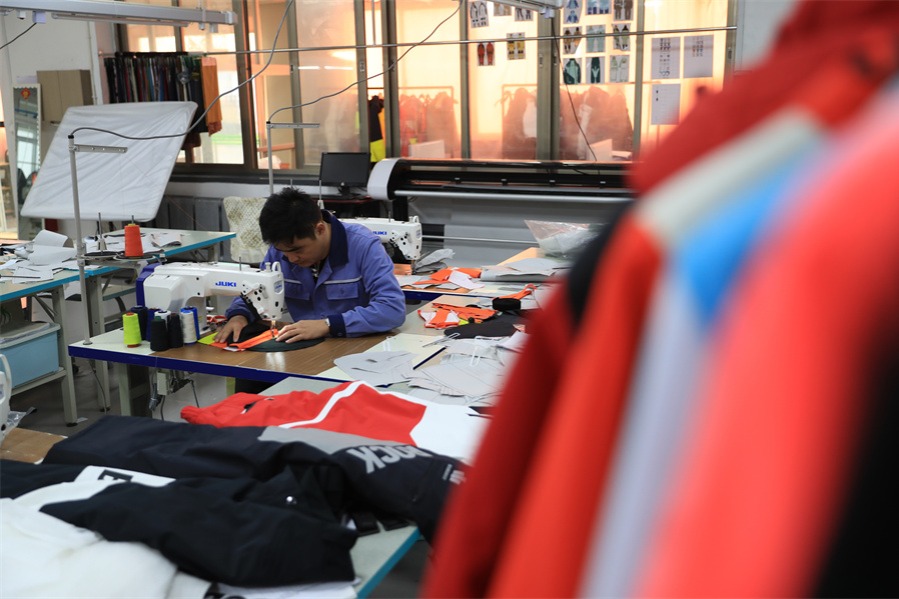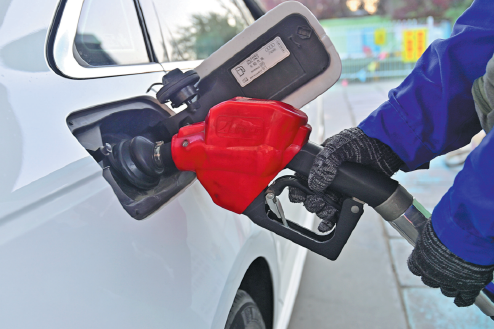Bayer Consumer Health champions green transportation


Bayer Consumer Health launched a green transportation project in China in November, which is expected to save up to about 13 percent in carbon emissions, the company said on Monday.
This involves replacing traditional diesel vehicles with natural gas vehicles for the transportation of goods along two key routes. The initiative is a testament to Bayer's commitment to green logistics and is aimed to drive transformation towards sustainable practices.
Setting scientific carbon reduction targets along with plans for its own factories to achieve carbon neutrality, Bayer emphasizes scientific innovation and development and aims to contribute to the United Nations Sustainable Development Goals through its innovative capabilities, products and services.
Over the past few years, Bayer Consumer Health's supply centers in China have actively promoted green manufacturing practices, aiming to achieve the goal of 100 percent carbon neutrality, the company said.
At its supply center in Kunming, Southwest China's Yunnan province, a series of measures, including energy conservation, energy efficiency improvement, advocating for green lifestyles, and green packaging solutions, were implemented. Specific actions included transitioning from diesel to natural gas boilers to enhance equipment efficiency, and 25 percent reduction in the weight of product leaflets.
Based on its actions over the past years, the Kunming supply center received the "Outstanding SDG Solution" award in the 2024 "Golden Key - Actions for SDGs in China" evaluations initiated by the China Sustainability Tribune.
"In 2024, green electricity proportion at the Kunming supply center had reached 100 percent, positioning its carbon footprint as the lowest within the industry globally," said Shen Jie, head of Bayer Consumer Health Kunming Supply Center.
In October, Bayer Consumer Health broke ground on a new supply center in Qidong, East China's Jiangsu province, where sustainability principles were deeply embedded, said the company.
Despite significant increases in production area and capacity, the new facility will incorporate measures, such as heat pumps, solar energy, heat recovery systems, water-saving facilities, and eco-friendly landscaping, to reduce greenhouse gas emissions and water consumption.
The green energy proportion at the facility is expected to rise to 40 percent, and greenhouse gas emission from the facility is targeted to reduce by more than half, aiming to realize carbon neutrality.
The investment in the first phase of the new Qidong site is about 600 million yuan ($82 million). Scheduled to kick off operation by 2028, the new facility is another milestone in Bayer Consumer Health's investments in the China market.
Richard He, general manager of Bayer Consumer Health China, said, "Bayer has been operating business in China for more than 140 years. China has become the second largest market for Bayer Consumer Health business."
"The driving force for sustained growth has always been innovation, which is not just about launching a particular new product, but driving the healthy development of the entire ecosystem," he said. "We'll continuously follow the trend on personal health, social health and environmental health, and do our best to serve and contribute to the Healthy China 2030 Initiative."




































